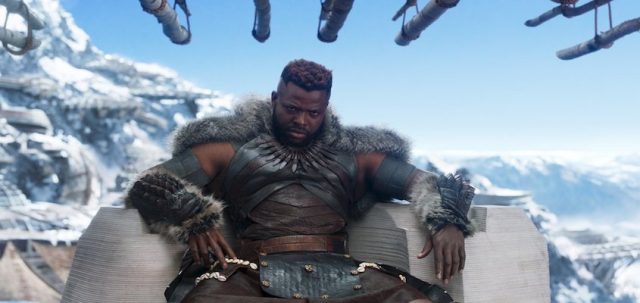
Wakanda’s king T’Challa
BAR editor and senior columnist
March 7, 2018
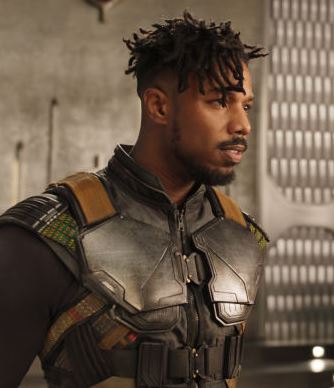
Eric Killmonger
VOD editor note: VOD earlier published a stock Vanity Fair review of this movie, but I didn’t see it until afterwards. I wish I had, because although I enjoyed the movie itself, I grieved for the death of T’Challa’s young cousin from California, Eric Killmonger, who believed that Wakanda’s resources of vibranium and technology should be spread across the world to his people through armed struggle. As he said, he preferred to die as did his ancestors on the slaveships rather than be taken prisoner.
In the end, T’Challa speaks in front of a United Nations-style forum to call on all nations to join together peacefully with the aid of Wakanda’s technology. Whether that is possible is highly unlikely. What would this murderous U.S. superpower do if it got its hands on vibranium? Same thing it did in Libya, under a Black president, by destroying a country that wanted self-determination for the African continent, and by viciously assassinating its heroic leader, Muammar Gaddafi. As Hilary Clinton gloated, “We came, we saw, he died.”
“Questioners are ‘hoteps’ who are too woke to have fun.”
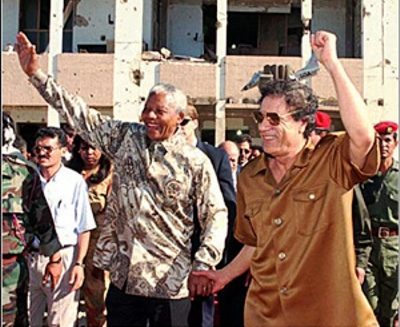
South African President Nelson Mandela and Libyan Pres. Muammar Gadhafi after first U.S. bombing in 1987; Hillary Clinton later gave the orders to assassinate Gadhafi in second wave of US/NATO annihilation of Libya.
The desire to see a black face in a high place is a legacy of slavery and the century of Jim Crow segregation that followed. The psychological impact of America’s apartheid is enduring, and unlikely to end without true revolutionary change.
Black people are loath to do anything that might dim the luster that emanates when one of the group becomes rich, famous or successful in some realm that was hitherto off limits. Celebrities, athletes, CEOs and presidents are exempt from question or critique and are protected by millions of people who feel affirmation through their presence.
Anyone who grew up in the 1950s or 1960s can recall when the sight of a black person on television was cause for celebration. The words “There’s a colored person on television,” were like magic. It isn’t difficult to understand why this would be the case. Black people were either absent from mass media altogether or were demeaned and demonized on the rare occasions when their existence was acknowledged.
“A CIA agent is depicted as being an ally to an African nation.”
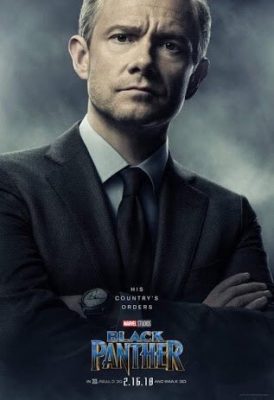
Black Panther’s CIA agent.
In light of this sad history it is not surprising that the recently released Black Panther film has been such a huge commercial success and emotional touchstone. But the story line is problematic for politically conscious people. Among other things, a CIA agent is depicted as being an ally to an African nation. That plot point alone is questionable.
But any attempt to dissect the plot, discuss its political implications or do anything other than sit in rapt awe is met with contempt and even anger. The Black Agenda Report team is accustomed to the epithet “hater” being applied to any analysis of the black and successful. This time a movie, not even a person, stands in for millions of people and their desire for validation.
The release of this film was anticipated for months. Audiences immediately raced to theaters to ensure they missed nothing before plot spoilers ruined their experience. Some dressed up like characters or wore Afrocentric clothing. The cry went out, “There are colored people on screen!”
This columnist experienced personal blowback from a group who had not even seen the film. After informing them that there was some controversy about it I was immediately met with anger. I was reminded that the black actors and designers and producers and directors and make-up artists were all experiencing great success. I was also informed that advanced African societies did exist. I had not said otherwise but now the fictional land of Wakanda represents Egypt and Zimbabwe and Meroe and Ethiopia and any questions surrounding the fictional nation are now said to reflect on the real ones.
“This time a movie, not even a person, stands in for millions of people and their desire for validation.”
At least one Black Agenda Report reader felt compelled to warn against “picking each other apart.” Others point out it is just a movie and ask why we are opposed to entertainment. Questioners are “hoteps” who are too woke to have fun.
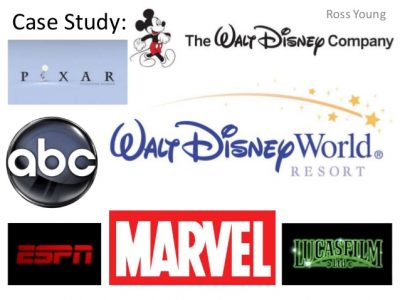 There are even some who decry purchasing bootleg copies of the movie. Millions of people who purchase counterfeit movies now refuse to do so lest the Disney corporation lose a few dollars and stop putting black people on screen. No one should care about their bottom line but millions of people do now because there is a new black face on high.
There are even some who decry purchasing bootleg copies of the movie. Millions of people who purchase counterfeit movies now refuse to do so lest the Disney corporation lose a few dollars and stop putting black people on screen. No one should care about their bottom line but millions of people do now because there is a new black face on high.
There are always serious issues surrounding imagery in media. If nothing else, Black Panther exposes the truth of Hollywood’s product. This movie is just one of 18 that are based on Marvel comics characters. Black Panther defenders rightly point out that they have already paid to see characters like Iron Man, a defense contractor, or Captain America, a creation of the military industrial complex, or Thor, a deity who is white and blonde. Do the politically conscious eschew these movies altogether or are they only problematic when black people are included in the dubious politics of fantasy action movies?
“Millions of people who purchase counterfeit movies now refuse to do so lest the Disney corp. lose a few dollars and stop putting black people on screen.”
The reaction to the Black Panther movie is understandable given the overall production quality of the film, and the attractiveness of the setting and the characters. But the lack of political education amongst ourselves is the bigger issue here. Without that the desire for justice and inclusion can be reduced to seeing people who look like us. We may ignore a problematic political message in a film or even worse support a president who destroyed the advanced African nation of Libya. That real life villain was a black face in a high place too.
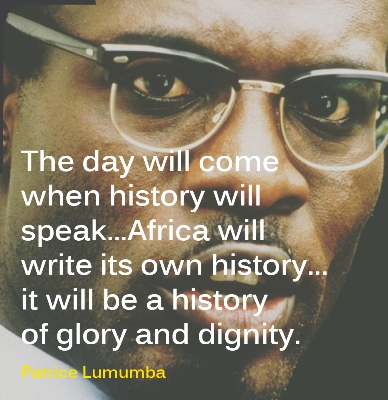
Patrice Lumumba, revolutionary leader of the Congo, murdered by CIA.
Corporate produced entertainment is just one part of a corrupt system that tells us up is down and bad is good. We can’t separate our movie going experience from anything else. There are very few Americans of any race who know that Patrice Lumumba was assassinated with the help of the CIA. There are few Americans who know his name at all and therein lies the biggest problem.
We can’t stand on historical truth that we don’t know. We can’t decide when to succumb to the desire to have fun and when to ask hard questions if we don’t engage in serious political study first. The liberation movement was crushed two generations ago precisely because the masses questioned everything they had been taught to accept.
“There is no such thing as just entertainment.”
It is natural to want to see ourselves. It is beneficial to the psyche and the words “Wakanda forever!” are proof. But this limited experience can’t substitute for what we need, even in the context of wanting to have fun. In an ideal world black people wouldn’t depend on Disney at all. But we don’t own the means of production and we are left with whatever the corporate markets dictate.
Black Panther is not as defenders say, “Just a movie.” If it were there would not be so much discussion surrounding it and fans would not be so excited. There is no such thing as just entertainment. It is quite political but the politics won’t be good if that fact isn’t acknowledged. Perhaps we do need to reject most of the media we can access. That is a thorny issue and it is not for the faint of heart. And the people who pose the question should not be dismissed as haters because they dare to speak the words.
Margaret Kimberley’s Freedom Rider column appears weekly in BAR, and is widely reprinted elsewhere. She maintains a frequently updated blog as well at http://freedomrider.blogspot.com . Ms. Kimberley lives in New York City, and can be reached via e-Mail at Margaret.Kimberley@BlackAgendaReport.com
Related Stories
Paul Street
“Black revolutionary consciousness is merged with white and bourgeois “
https://io9.gizmodo.com/black-panthers-killmonger-is-everyone-who-loves-wakanda-1822972609
MARVEL STUDIO’S ‘BLACK PANTHER,’ LIBYAN HERO MUAMMAR GADDAFI, U.S. BLACK PANTHERS

 Margaret Kimberley
Margaret Kimberley


